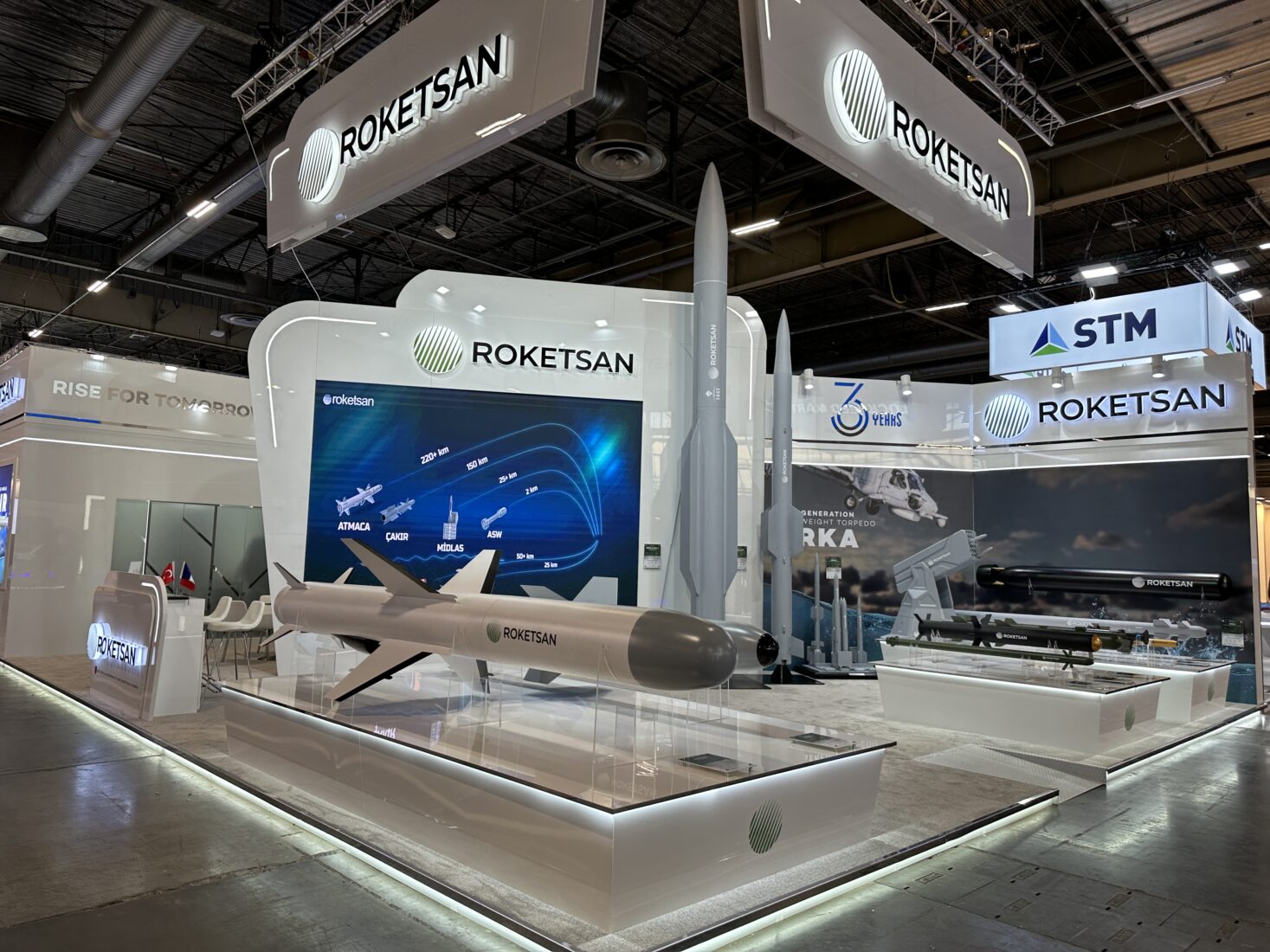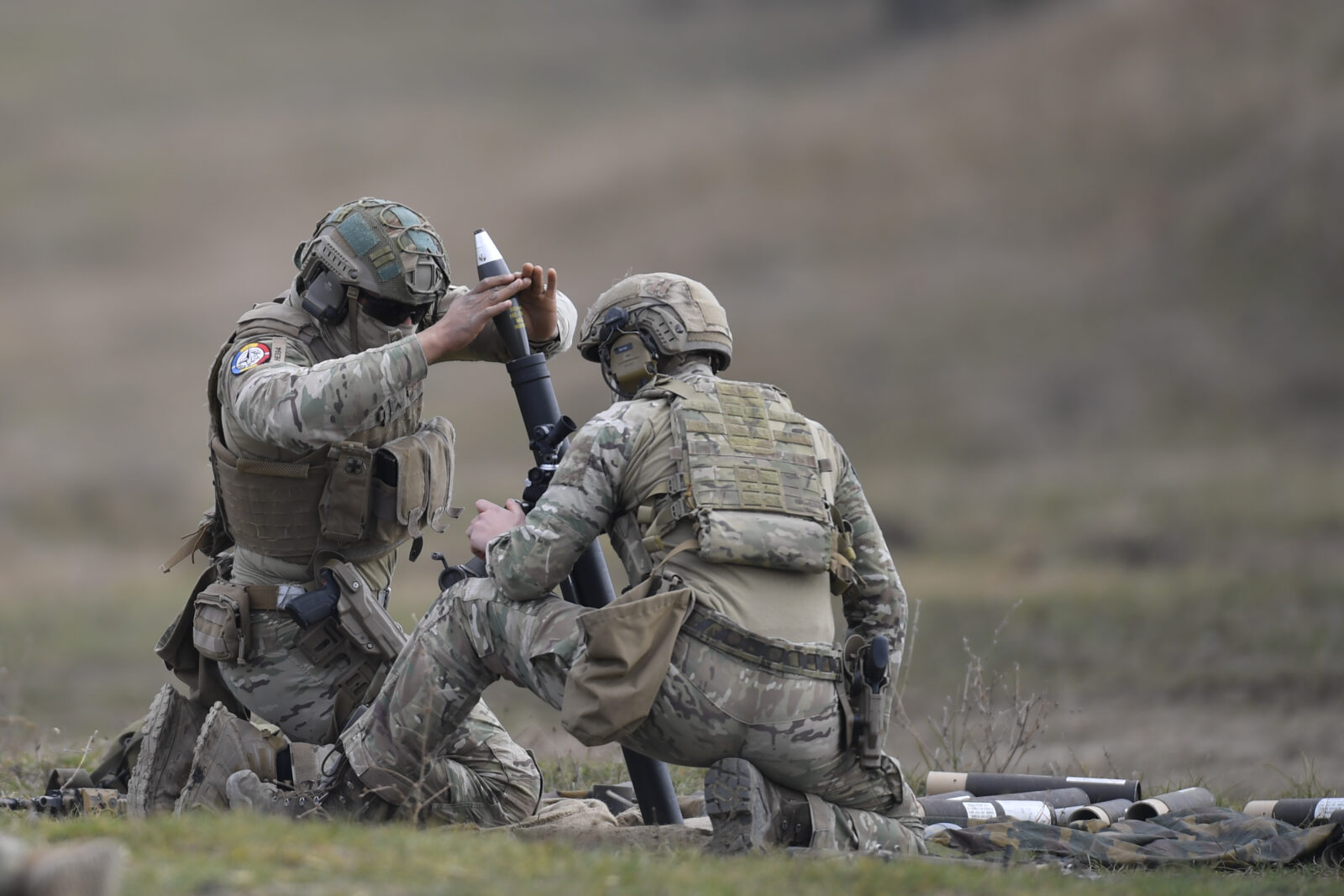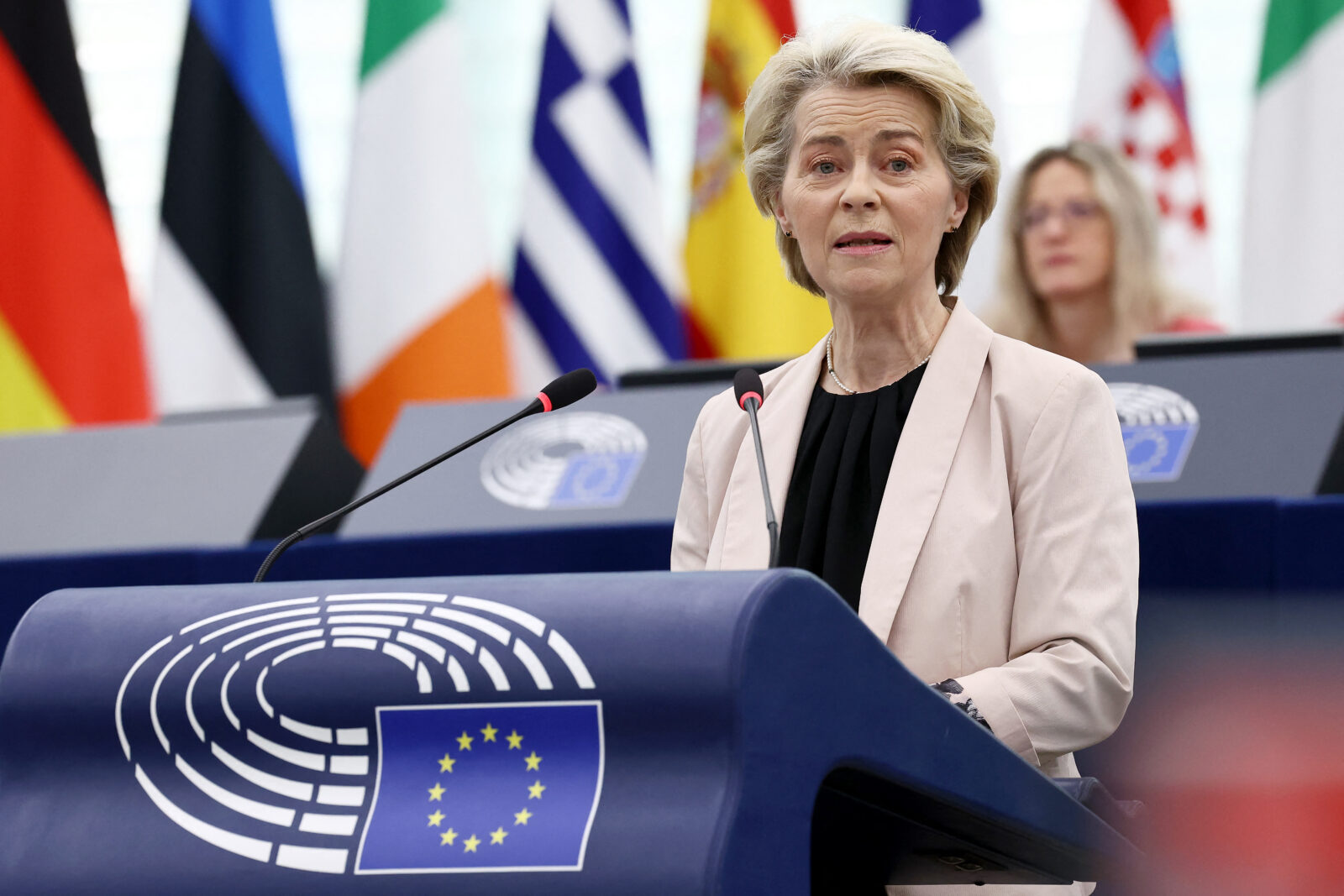
The European Union is set to broaden its European Defence Industry Programme (EDIP), allowing non-EU companies to access financial incentives for the first time, according to a Financial Times report.
Under a new proposal, up to 35% of EU budget-funded incentives could be allocated to defense products from non-EU nations, including Türkiye, the United States and the U.K.
"Everyone is thinking a bit smarter since (the U.S. election)," said one of the officials to the FT.
The proposal, developed by Hungary's EU presidency with input from major member states like France, Germany, and Italy, marks a significant shift in EU policy as it seeks to bolster Europe's defense self-reliance while addressing geopolitical uncertainties such as Trump's upcoming second term as president.

France, which was previously opposed to including non-EU firms in the European Defence Industry Programme, has now backed the proposal. This includes Turkish defense firms, which were reportedly blocked from selling Bayraktar TB2 drones to the Ukrainian Armed Forces (UAF) using EU funds.
French officials acknowledged the difficulty of lobbying the U.S. for continued NATO support while excluding its defense firms from the EU initiative.
The compromise aligns with the EU's broader strategy to reduce reliance on the U.S. for defense needs while maintaining trans-Atlantic cooperation.

The EDIP, initially proposed in February, aims to boost joint production and procurement of European-made defense systems, ensuring greater interoperability and lower costs.
With an initial €1.5 billion ($1.58 billion) allocation under the 2027 EU budget, the plan seeks to increase the availability of critical defense products and resolve bottlenecks in supply chains. Discussions on expanding the funding are ongoing.

"We have no time to waste. And we must be as ambitious as the threats are serious," Ursula von der Leyen told European Union lawmakers in Strasbourg ahead of the confirmation vote.
"Our freedom and sovereignty depend more than ever on our economic strength," said the commission chief, who announced a headline push on competitiveness within 100 days, and vowed to personally helm a "strategic dialogue" on the future of Europe's struggling car industry.
"Our security depends on our ability to compete, innovate and produce," she said.
Von der Leyen said Wednesday there was "something wrong" when Moscow is spending up to 9% of gross domestic product on defense against the EU's 1.9%.

"Our defense spending must increase. We need a single market for defense. We need to strengthen the defense industrial base," she said.
She has previously said the bloc needs to invest €500 billion over the next decade to keep up with Russia and China. This has become more urgent since Trump was re-elected as U.S. president, amid fears he might reduce the U.S. commitment to European security and support for Ukraine.
Von der Leyen did not name Trump in her speech but said Europe had to close the "innovation gap" with the United States for its economy to thrive.